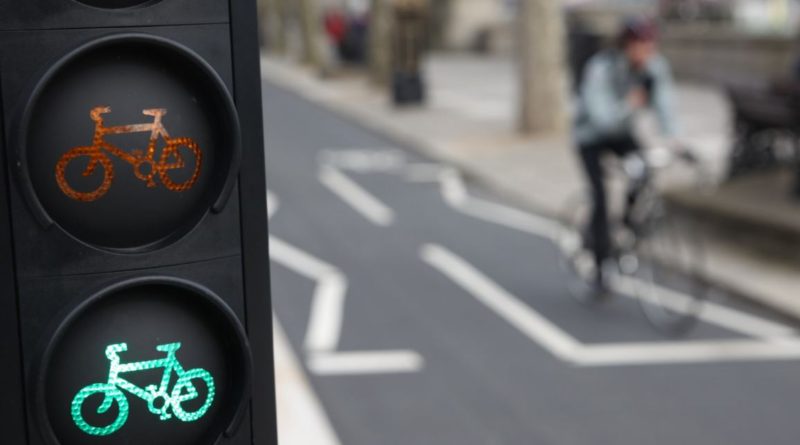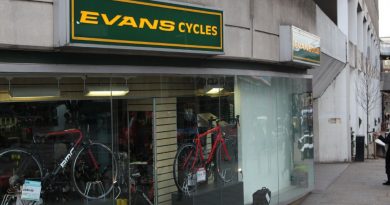City of London warms to active travel as pollution dives
The City of London has indicated that there is an intention to make temporary provision for cyclists in the Square Mile more permanent, in part in response to new pollution data that has shown a decline of dangerous particulates by more than a third.
The City Corporation last week published its transportation response to support the COVID-19 recovery and ensure the gradual safe return of people who work, live and visit the Square Mile. The plan is aligned to the City Corporation’s Transport Strategy and will provide additional space to encourage travel on foot and by cycle, support businesses and manage demand on public transport.
Data published by the City of London Corporation has revealed a 35% reduction in nitrogen dioxide since the beginning of lockdown when mapped against a typical reading for the time of year. The air quality at Sir John Cass Foundation Primary School improved by 36% and at Upper Thames Street by 34%.
“Nearly half of car trips made by Londoners before the coronavirus lockdown could be cycled in around ten minutes,” offers a press statement released today that refers to this research.
 Keith Bottomley, Chairman of the City of London Corporation’s Environmental Services Committee, said: “The City is running at a fraction of its normal activity level during the COVID-19 lockdown so this dramatic improvement in air quality is not unexpected.
Keith Bottomley, Chairman of the City of London Corporation’s Environmental Services Committee, said: “The City is running at a fraction of its normal activity level during the COVID-19 lockdown so this dramatic improvement in air quality is not unexpected.
“This period demonstrates how changes in our behaviour can directly improve air quality. Reducing traffic and embracing cycling and walking must be a key part of plans for the recovery from COVID-19 so that Londoners can breathe cleaner air permanently.
“We will take further bold and practical actions to improve air quality in the City of London.”
The sentiment shift toward active travel will be welcome news to bike shops, which are already enjoying an unprecedented spike in sales. The surge in demand has been so dramatic that industry distributors are rapidly calling in fresh stock, some from brands that are not even part of existing portfolios. Others are pushing for next year’s model year production and shipment to accelerate.
Industry leaders are now collaborating to launch campaigns to promote the cycling for transport segment and to call upon authorities to follow the lead of areas like the City of London in developing safe infrastructure.
The City Corporation’s launched its revised Air Quality Strategy in late 2019. Aside from outlining how the City Corporation will carry out its statutory duty to improve air quality, one of the main aims of the strategy is for 90% of the City to meet World Health Organisation (WHO) guidelines for nitrogen dioxide by 2025. The proposals also support the Mayor of London’s drive for London to meet WHO air quality guidelines for particulates by 2030.
In keeping with other European cities, London is urging a shift away from fossil fuel dependent vehicles, with the City Corporation requiring only low and zero-emission vehicle use as part of contracts signed. The governing body has banned new diesel vehicles from its own fleet.
A collaborative programme is also to be launched alongside local schools to roll out planned Air Quality Action Plans.



